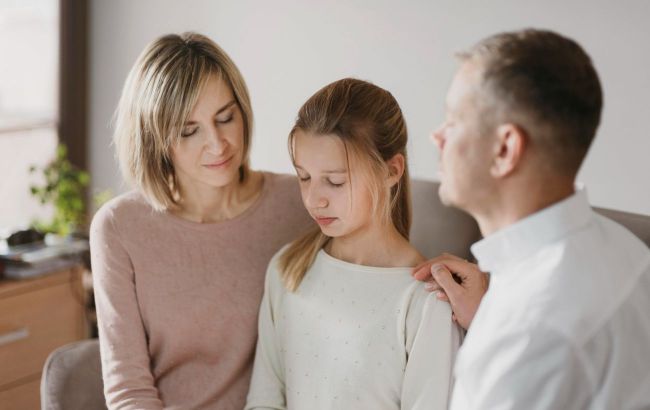Understanding signs of abusive childhood: Here's how it affects you
 Illustrative photo (Photo: Freepik)
Illustrative photo (Photo: Freepik)
Recognizing signs of an abusive childhood is a step in the process of recovery and self-awareness. It's important to timely recognize this and help oneself, states psychologist Iryna Kulik on Instagram.
What is abuse?
Abuse constitutes emotional violence in relationships, characterized by deceitful intentions camouflaged by kindness. Within parent-child relationships, it masquerades as a discipline but can entail cruelty. With complete authority over the child, parents misuse it to the child's detriment.
Abusive parents are individuals who intermittently subject their own children to violence, which might manifest as neglecting their needs, manipulation, humiliation, yelling, or causing physical harm.
Of course, parents unintentionally traumatize children. Abusive parents themselves are victims of childhood trauma, lacking the experience to form trusting and safe relationships.
Critical indicators
A psychologist highlighted signs that might suggest you had an abusive childhood.
Emotional and psychological traces
Persistent stress, anxiety, low self-esteem, feelings of guilt or shame, difficulties in establishing and maintaining healthy relationships.
Physical traces
Presence of physical injuries or traumatic memories, vague or unexplained physical problems.
Sexual traces
Traumatic memories, difficulties with sexual functioning, unexpected reactions to certain sexual situations.
Behavioral disruptions
Developing health issues, engaging in substance abuse.
Social challenges
Difficulties in establishing and maintaining stable relationships, isolation, and feelings of rejection.
According to the expert, recognizing these signs is the first step toward recovery. If you identify with any of these signs, seeking support and help from professionals is crucial.
We also provided advice on ways to feel happier.

